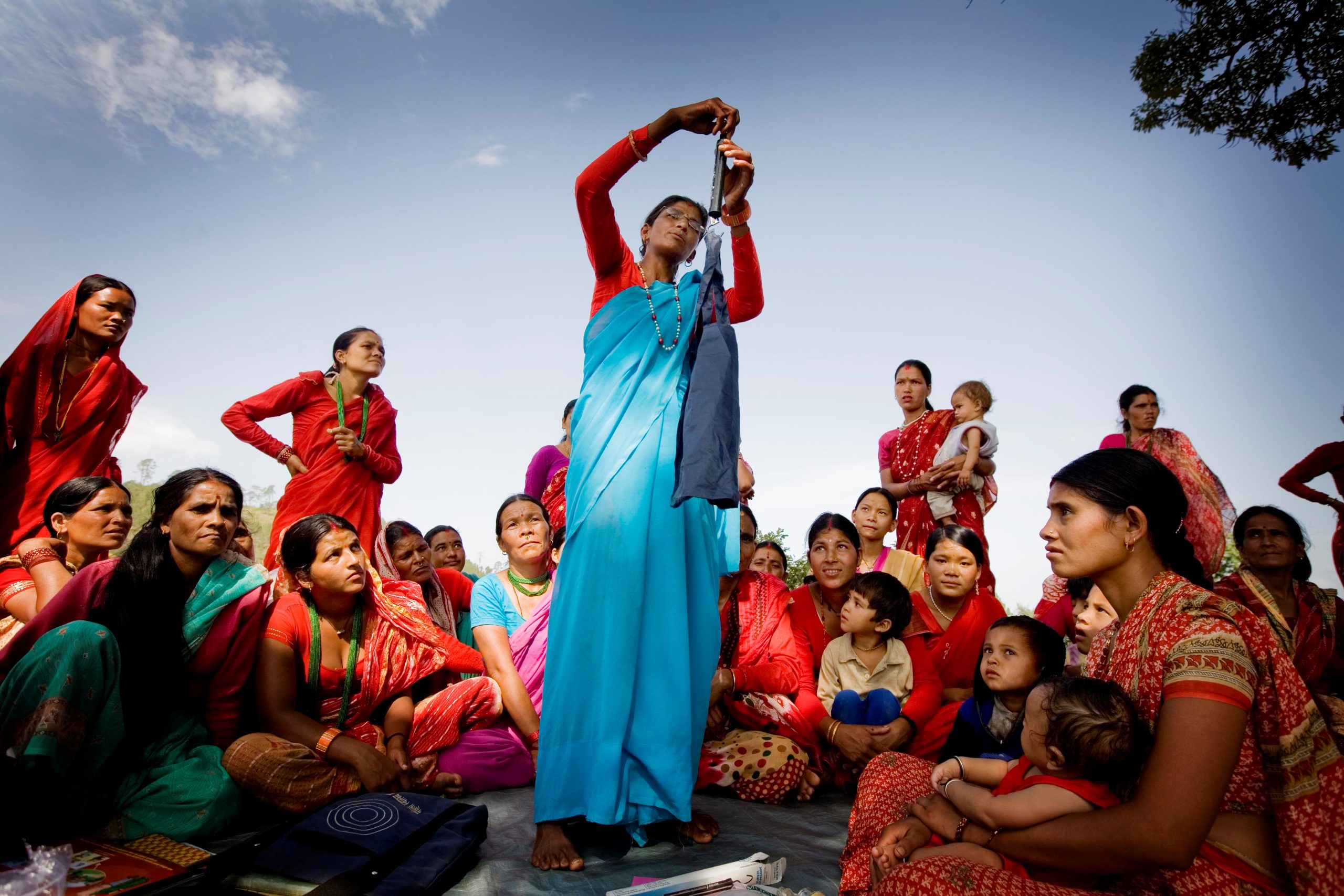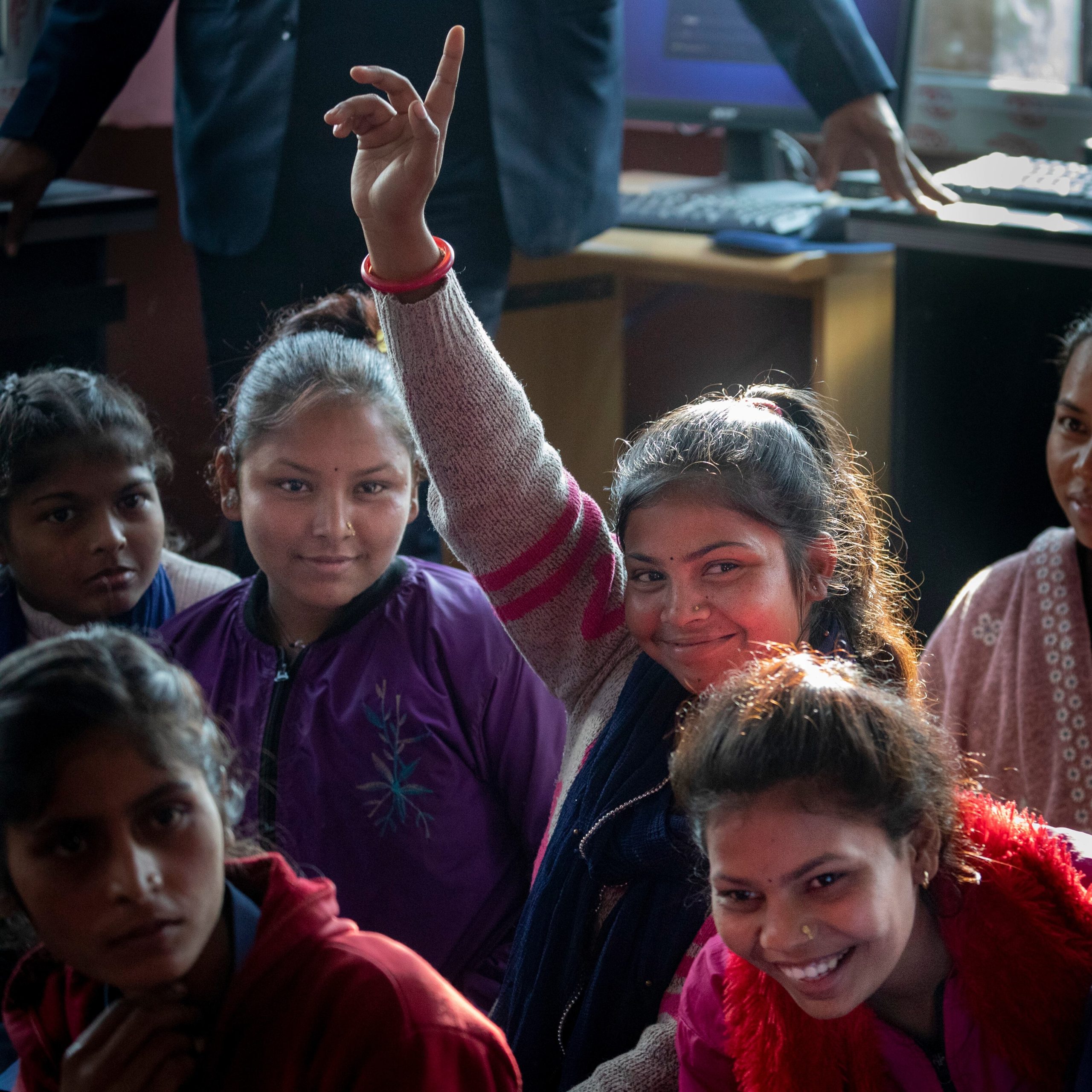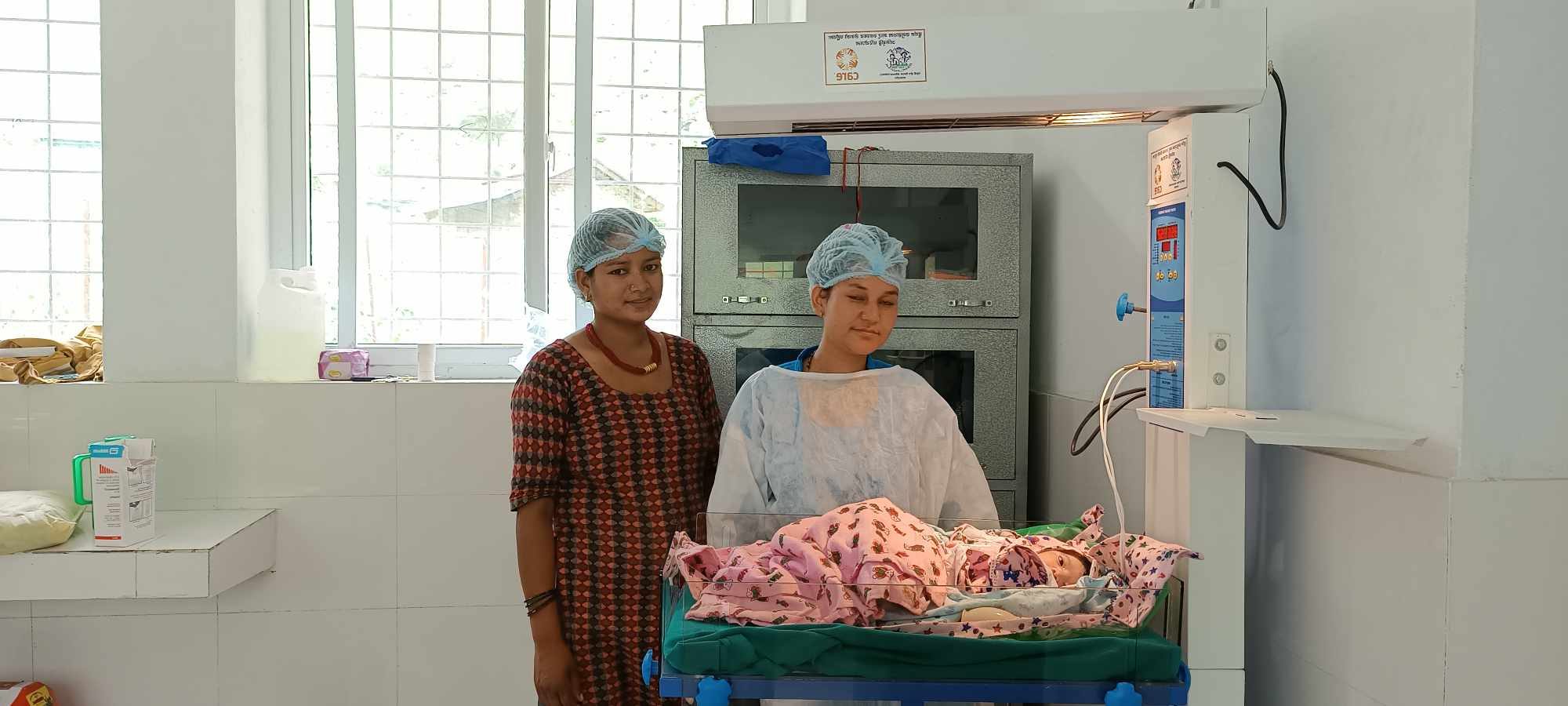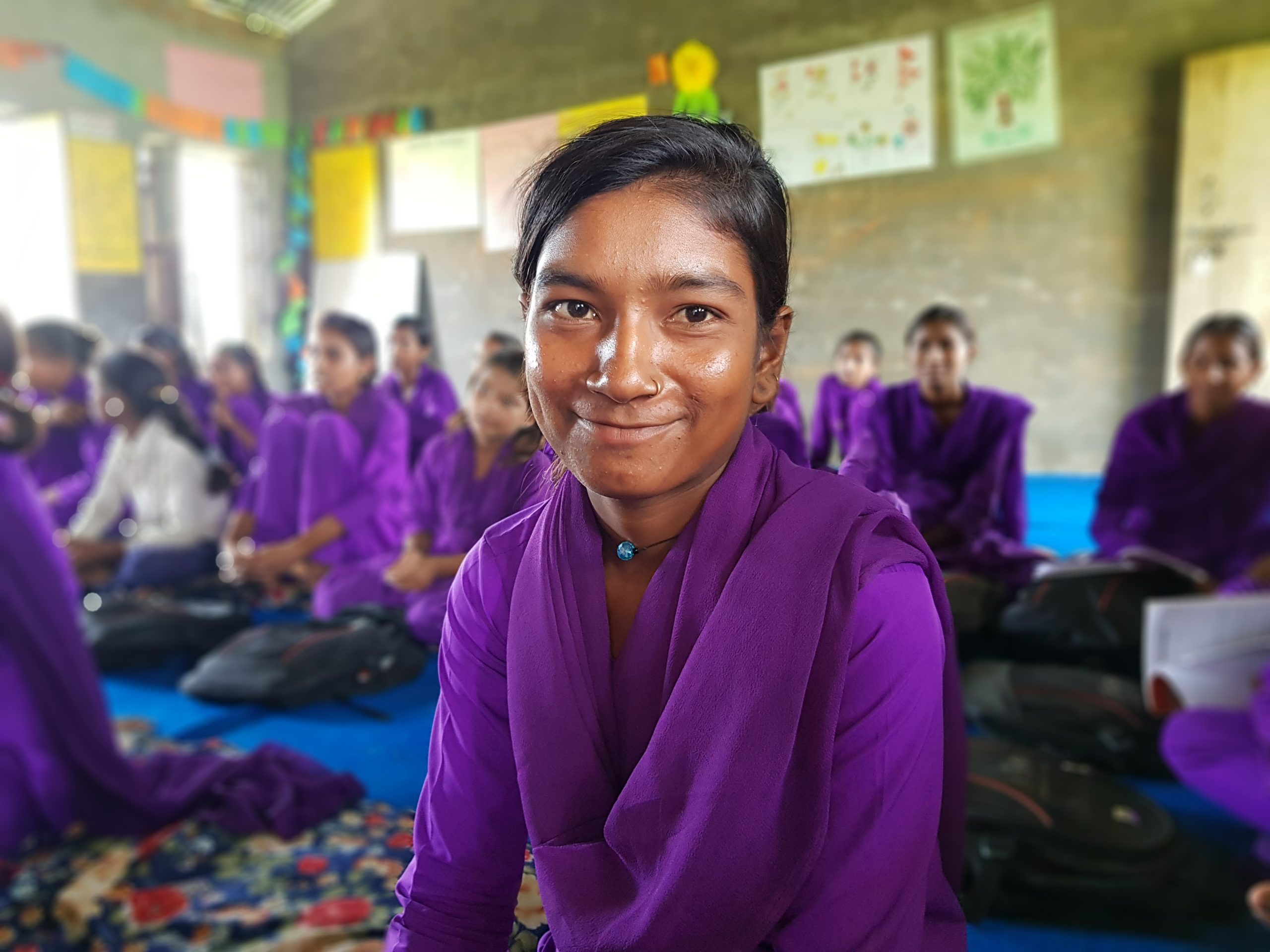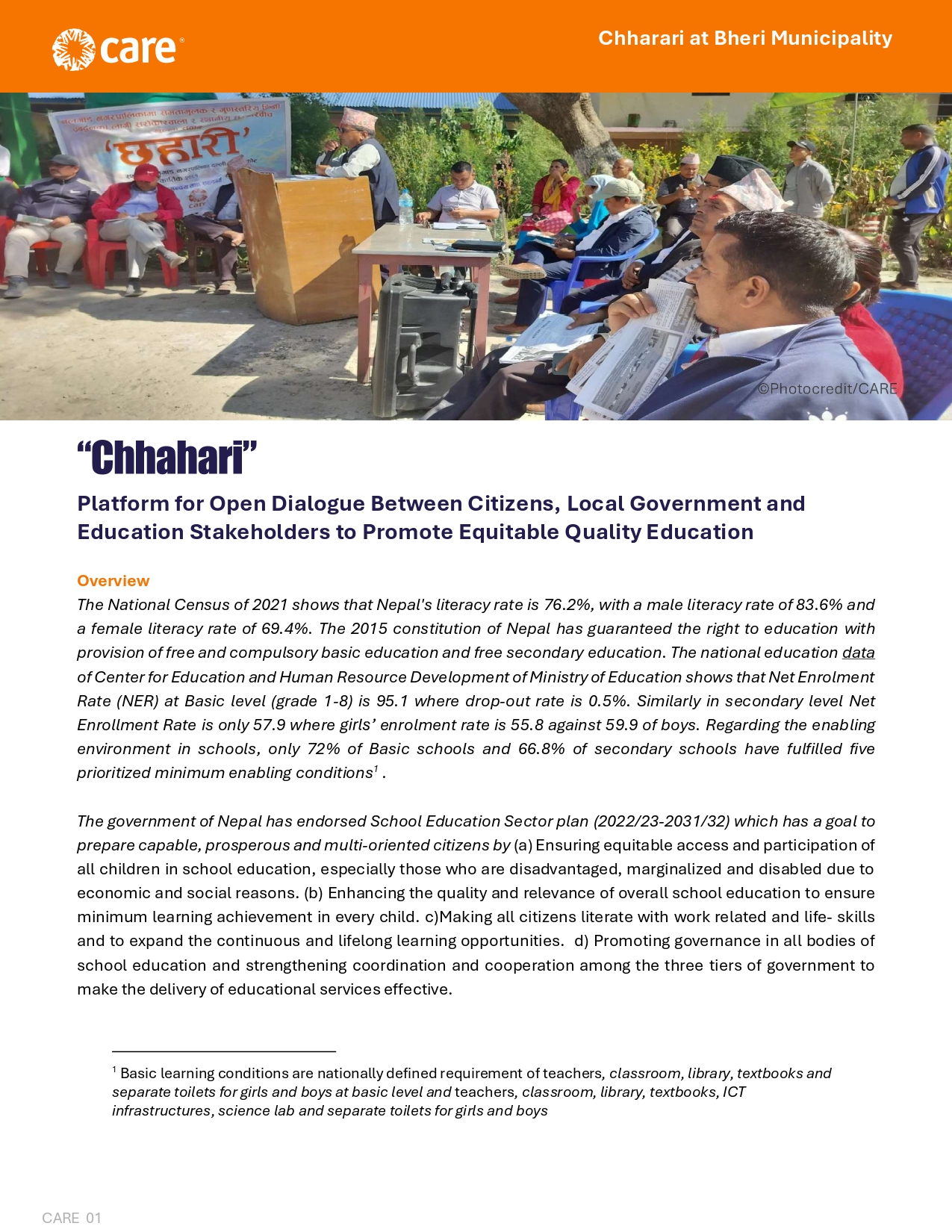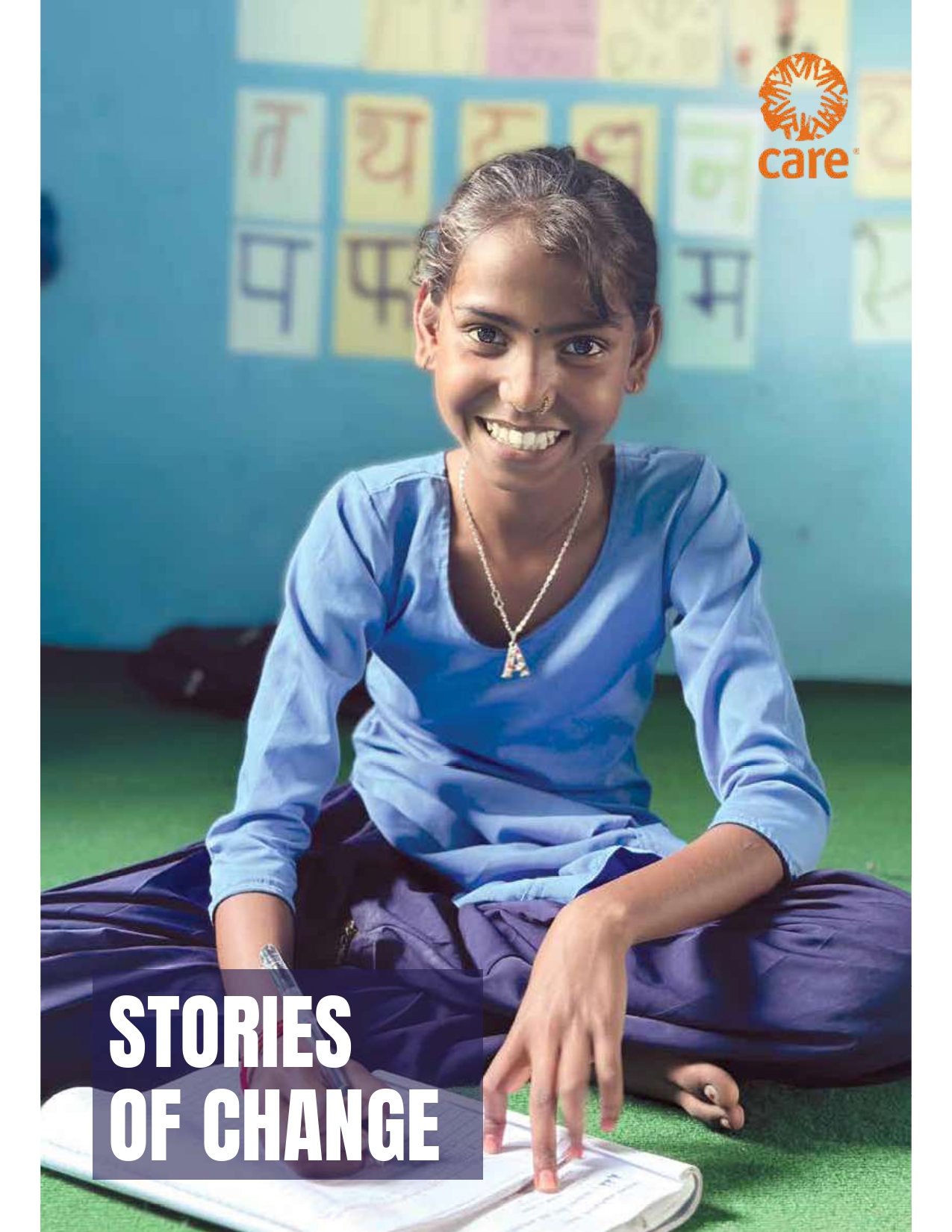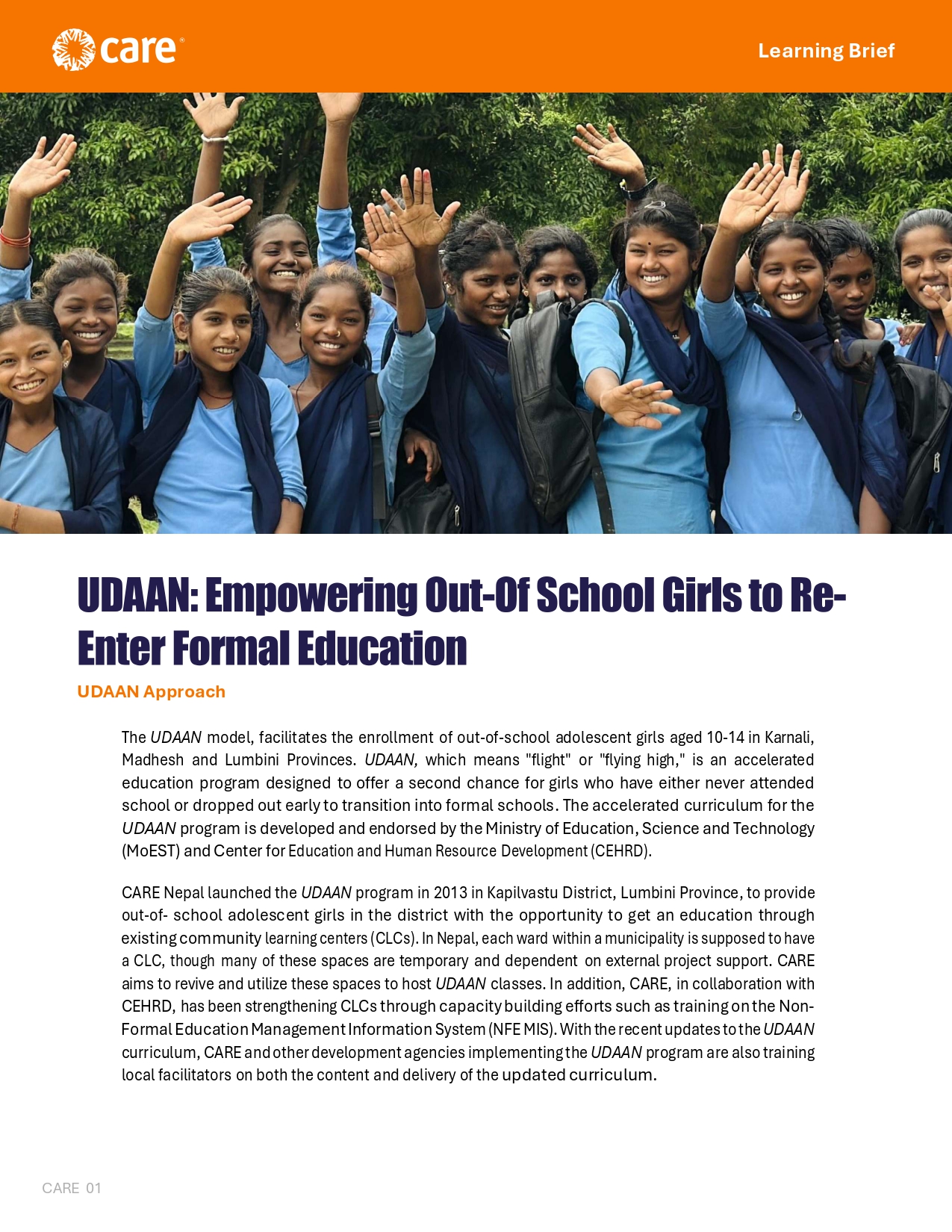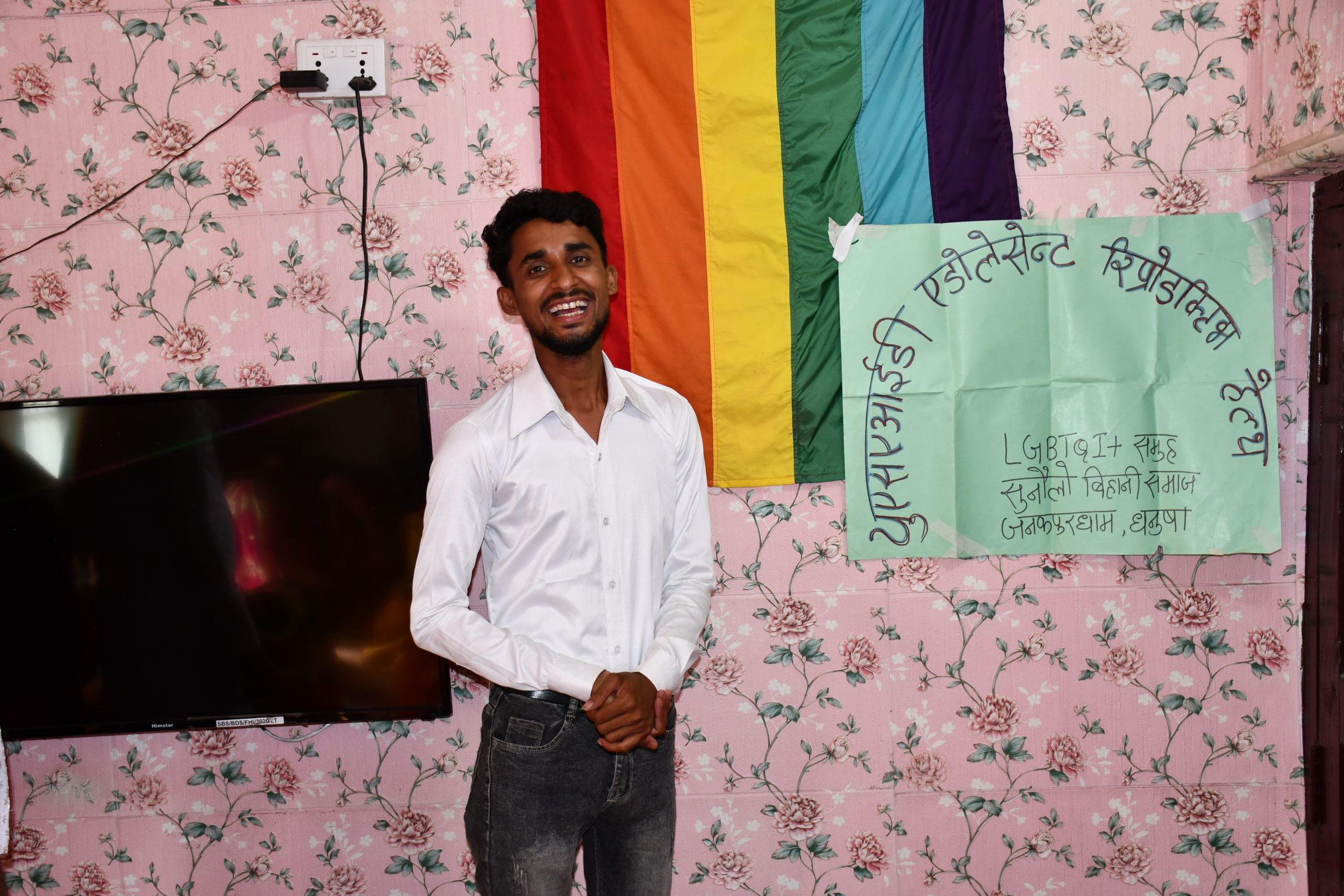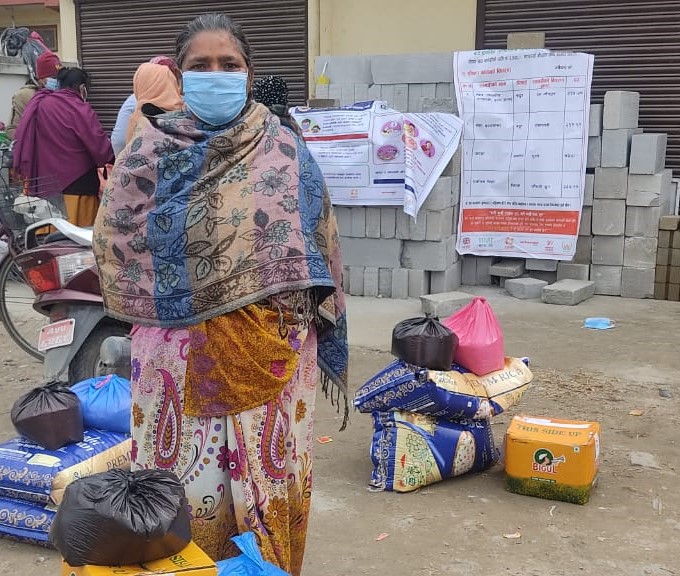About Women and Girls' Empowerment & Health and Education Rights
Violence against Women and Girls continues to be rampant, driven by unequal power and harmful social norms, with variations across provinces and population groups. Two out of three women in Nepal still do not report incidences of physical or sexual violence, and in the far and mid-western regions of Nepal, 44% of girls are still compelled to practice Chhaupadi. Almost half of all Dalit women encounter violence and only 4% of these incidences are reported. Likewise, women (especially from marginalized communities) do not have access to basic health and other services, and they continue to live very difficult lives.
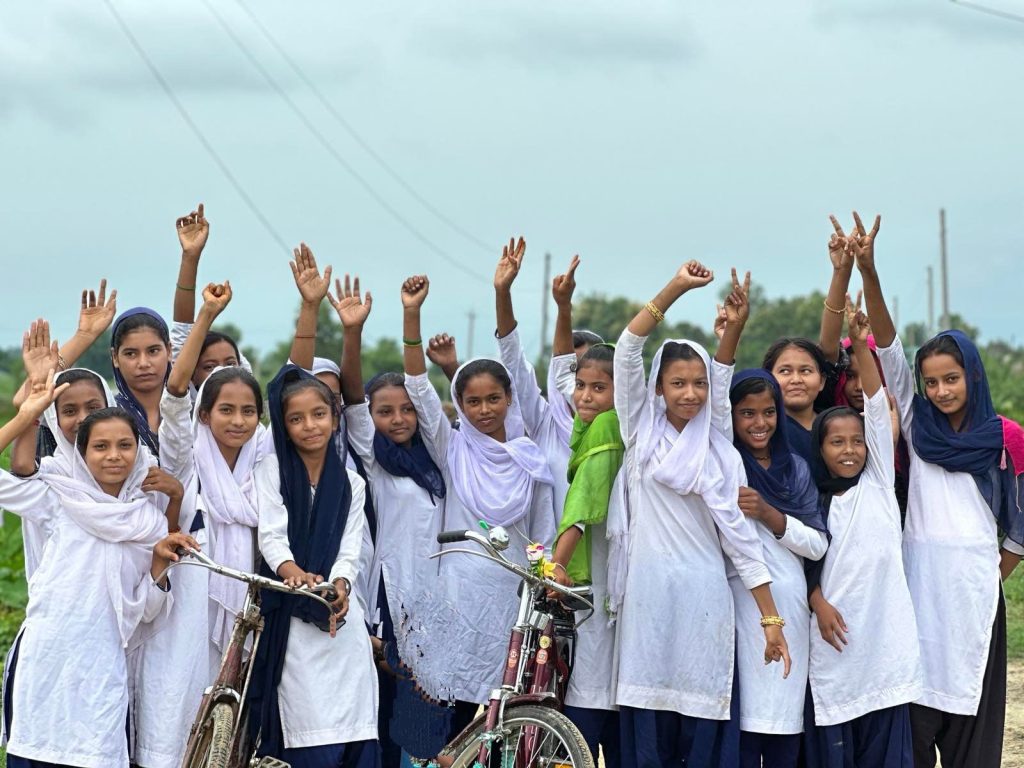
To ensure that women and girls from vulnerable and marginalized communities of Nepal are empowered to lead healthy, violence-free, and dignified lives, CARE works with communities and other stakeholders to ensure Women and Girls transformation by increasing women’s control and participation in the use of resources; equality in public and private spheres through transformed social norms; fulfillment of fundamental human rights through access to basic services; and incorporating impact populations’ lens in all of the humanitarian programs.
As CARE believes that empowerment is the sum of the interplay of changes in agency, structure, and relation, various tools and techniques are applied to build agency, change power relations and transform social structures to make them more convenient for women and girls to negotiate their paths for better choices in their lives. It has helped to ensure that the service delivery system and mechanism are more pro-poor and Women and Girls-responsive.

